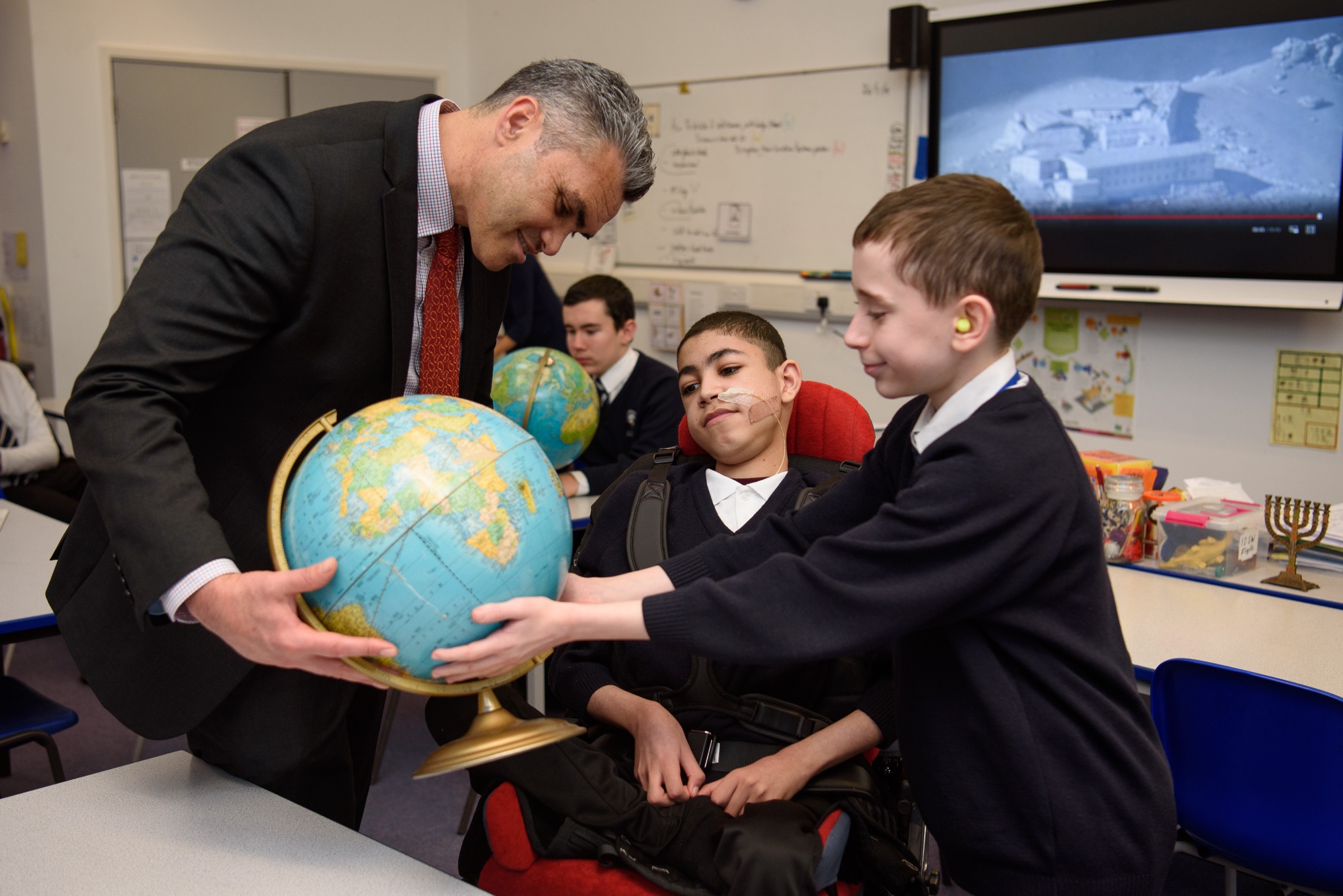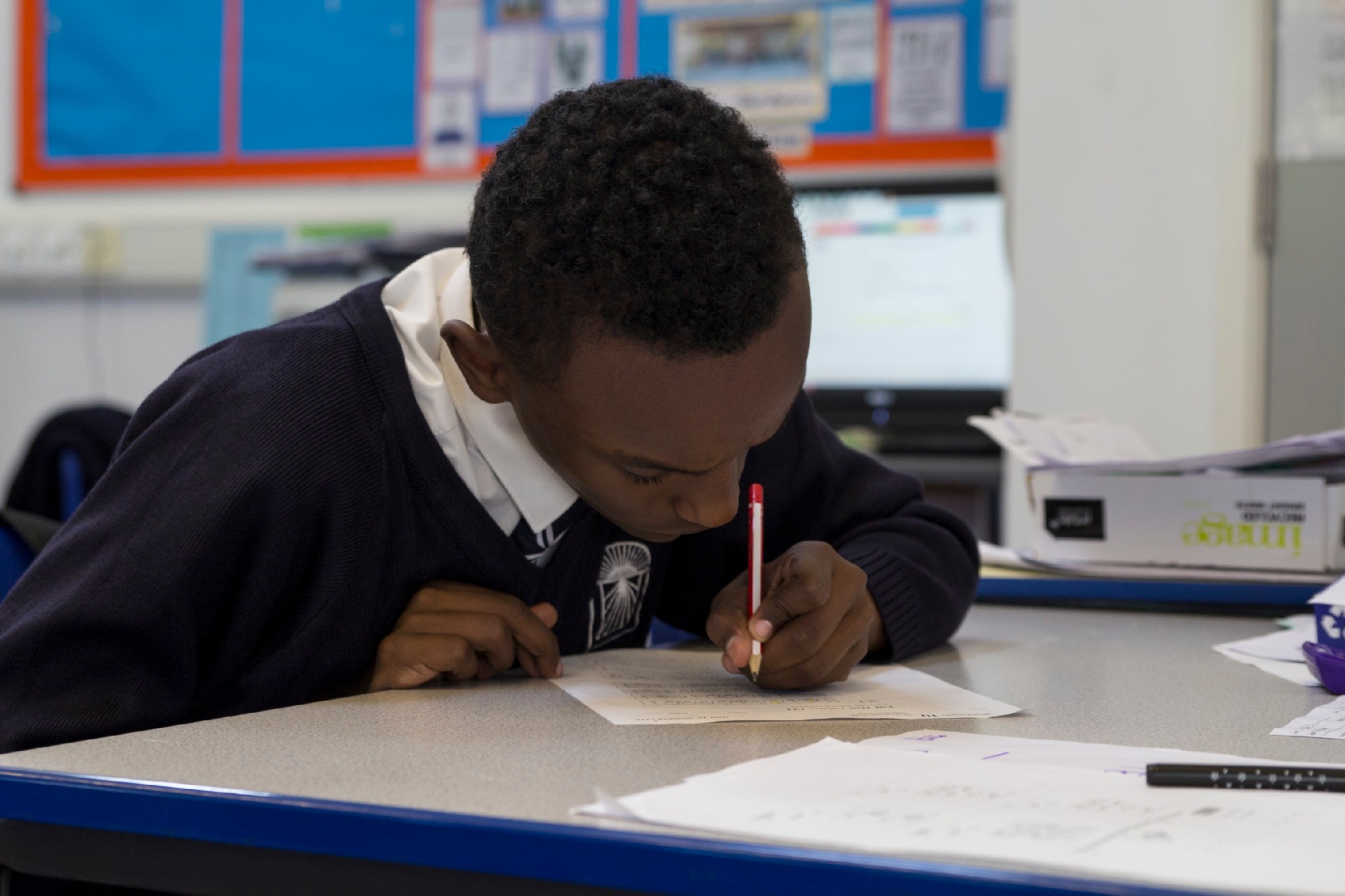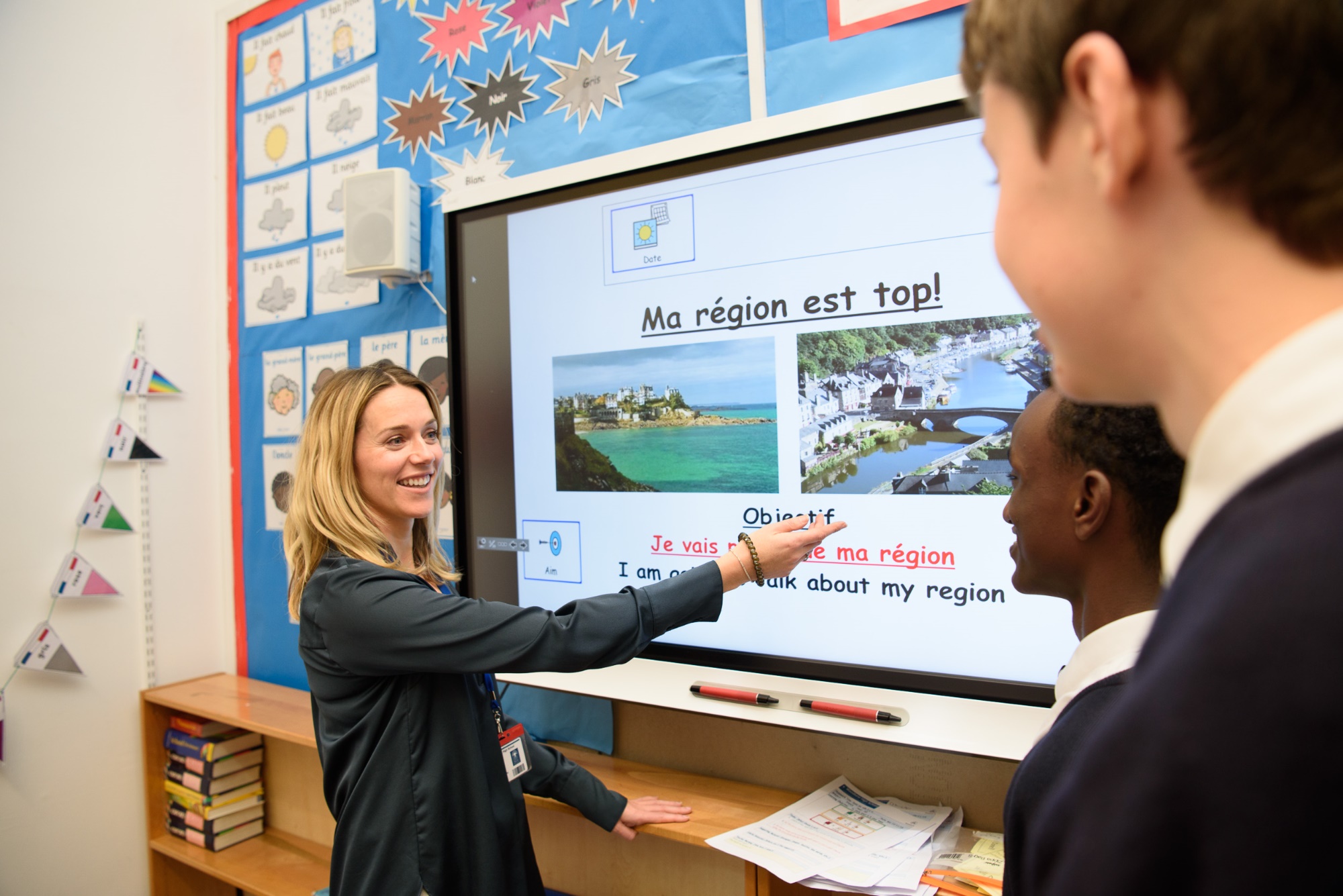22.47° overcast clouds
Humanities
 Navigate to the following curriculum areas using the topic buttons below:
Navigate to the following curriculum areas using the topic buttons below:
Rationale – What is the evidence base for selected strategies and curriculum choices?
Utilizing Artefacts and Real Objects in Humanities Teaching
Dr Nicole Brown, a social and education research professor has written extensively on the benefits of incorporating within lessons real-world artifacts and objects relevant to the taught content. This is particularly important within the RE, Geography and History (Humanities) curriculum as it provides multisensory experiences, aids in comprehension and boosts engagement for students with diverse learning needs. Dr Brown states in her article on ‘Teaching with Artefacts’, “Although traditionally artefacts refer to culturally and historically relevant objects, for teaching purposes we should consider literally anything and everything as artefacts: from pieces of rocks and bottles of sand to models of buildings, from artistic creations, jewellery and perfumes to everyday objects.”
Dr Brown states, that “handling artefacts is a fantastic experience for children, as in addition to their visual and auditory senses, they also use their tactile and olfactory senses, which then leads to higher levels of engagement and better retention.” However, she also references the responsibility teachers have in teaching pupils the appropriate and respectful methods of handling artefacts, e.g. in RE lessons, how a child should handle and respect a religious book. Further extensive research on this topic was undertaken within Barnett, V. (1992). Exploring Artefacts: an Introduction to the Use of Artefacts in Religious Education, but whose findings can equally apply to many areas of Humanities teaching.
Therefore, in all Humanities subjects, we aim to provide various religious, geographical and historical artefacts in as many lessons as possible, in order to connect the students with real life, present and past. This will aid the pupils to learn more effectively in the classroom and make learning more of a reflection of the real world. In doing so, we hope to be connected with the world to the highest degree possible and with a greater understanding of the levels of respect and tolerance that are applicable to a modern society.
Using Mindfulness within Humanities
The Mindfulness in School’s Project (MiSP) - https://mindfulnessinschools.org/ are an organization committed to supporting school’s to develop ways of supporting and delivering mindfulness opportunities within the school day. Mindfulness helps train your attention to be more aware of what is actually happening, rather than worrying about what has happened or what might happen. When mindful, we learn to bring greater curiosity to whatever it is we experience. Jon Kabat-Zinn, the founding father of secular mindfulness, described this skill as “being alive and knowing it”.
The project is backed up by convincing research, including the paper, ‘Do mindfulness- based programmes improve the cognitive skills, behaviour and mental health of children and adolescents?’ written by Maris Vainre and Willem Kuyken, 2022. This paper concluded that across 66 separate studies, Mindfulness-based programmes (MBPs) significantly improved outcomes of attention, executive functioning, social behaviour, negative behaviour and anxiety/stress. With the areas of anxiety and stress in particular showing significantly improved outcomes within young people.
The Mindfulness in School’s Project aims to ensure a wide range of benefits for students, including:
- Wellbeing and Mental Health - As well as helping them to recognise worry, manage difficulties and cope with exams, developing a more mindful awareness also helps children and young people to appreciate what is going well and to flourish.
- Concentration and Cognition - Mindfulness trains us to understand and direct our attention with greater awareness and skill. This may improve the capacity of children to concentrate and be less distracted, as well as their working memory and ability to plan.
- Social and Emotional Learning - Mindfulness is often taught in the context of PSHE. It helps to develop a greater awareness of relationships and how to manage them (including difficult ones at home), as well as offering a richer understanding of things like self-esteem and optimism.
- Behaviour - Mindfulness may help the young to self-regulate more effectively, manage impulsivity and reduce conflict and oppositional behaviour. It should not, however, be used as a disciplinary tool.
Mindfulness in schools is not just about children and young people; it is also very much about those who care for them. The benefits of mindfulness in the adult world are well-researched and the positive impact it can have on teachers, counsellors and carers is central to MiSP’s vision. These benefits include: stress regulation and reduction, increased self compassion and increased teaching efficacy.
Following the approaches recommended within the project’s guidance, pupils are provided with time each day/multiple times per week as appropriate to be mindful within their Humanities lessons. Often this can take the form of a starter activity, a lesson break or a positive ending to the lesson where success is reflected upon. Pupils now request these opportunities and they are becoming more consistently successful at supporting regulation and behaviour both in and outside of the classroom.
Outdoor Learning and Real-World Experiences
The Field Studies Council and partner organisations commissioned a study about outdoor learning and its impact on classroom learning. The key findings of the review of the research into outdoor learning published between 1993 and 2003 support designing opportunities for outdoor learning and exposure to real-world experiences related to humanities subjects, fostering hands-on engagement and sensory-rich learning, which can be particularly beneficial for students with SEN, promoting a deeper understanding of the subject matter through practical experiences in authentic environments.
Therefore, we aim to include as many outdoor learning experiences in Humanities, as possible. Fieldwork has already been included in the amended Geography curriculum, to enable the students to learn about the benefits of local places, such as Wormwood Scrubs. Furthermore, there are trips to places of worship every year, as part of our RE learning, which again, provide a real-world experience for our students and are highly valued by them.
Intent – What is Woodlane aiming to achieve through its Humanities curriculum?
- To develop pupils’ love for the natural world and all its human
 and physical aspects.
and physical aspects. - To develop pupils’ curiosity for the natural world as well as a sense of care for the planet and its inhabitants.
- To acquire and develop practical skills in Geography (map and compass reading, measuring temperature etc.).
- To develop pupils’ sense of identity based on their knowledge of Geography to help them become responsible and caring citizens of the world.
- To develop pupils’ tolerance for others’ religions, life beliefs and viewpoints.
- To gain knowledge and understanding of the worlds’ religions and their ways of life.
- To develop pupils’ awareness of world events, helping pupils identify how events have changed and adapted the way we see our world.
- To introduce pupils to the importance of politics; voting, being aware of the differences between political parties and the impact these have on individual countries.
- To become aware of one’s own beliefs and values.
- To use discussion in order to support and enhance learning.
- To engage pupils through multi-sensory lessons.
- To ensure all pupils leave Woodlane with a Humanities qualification (in both RE and Geography), which reflects the best of their ability.
Implementation – How is the Humanities curriculum delivered?
Curriculum Delivery
- Pupils have full access to the Humanities National Curriculum which is differentiated to meet pupils’ learning needs and styles.
- The Humanities curriculum is designed to be challenging, appropriate to each pupil’s stage of development.
- The Humanities curriculum offers opportunities for cross-curricula learning, to ensure pupils make significant personal development, including:
- Eco days;
- Maintaining the school garden;
- Educational visits;
- SaLT strategies/Word Aware integrated into teaching;
- Communication development through in-class drama elements and spoken language activities, i.e. formal presentations; and
- Participation in the London Flower Society competitions to further student’s love of the natural world and enable them to acquire practical life skills centred on gardening.
- The KS3 Humanities curriculum is taught through 2.5 hours (average) contact time per week (10% curriculum time).
- The KS4 Humanities curriculum is taught through 0.83 hours (average) contact time per week (3% curriculum time).
- If a pupil opts to take History in KS4, they also receive an addition 2.08 hours (average) per week curriculum time, (8% curriculum time).
- The Humanities curriculum is designed to build and expand on previous skills and subject knowledge, over a 5-year period. It also plans for opportunities for repetition to embed knowledge, increasing the chance of information recall and to integrate new knowledge into larger ideas.
- We offer a wide range of qualifications in Humanities, which are selected to appropriately challenge, based on each pupil’s stage of development, including:
- WJEC ( Welsh Board of Education) Diploma
- WJEC ( Welsh Board of Education) Certificate
- BTEC in Vocational Studies with an additional practical life skill component of a job interview.
- The school environment is incredibly important to us, we therefore also run an annual Eco Day, where pupils learn about their local environment and how to improve it.
- We provide additional extra-curricular activities at lunchtime, including:
- A gardening club for general and targeted land maintenance skills,
- Homework support club with teacher and TA support.
Teaching and Learning
- Our pupils are taught by subject specialists.
- Our Humanities Subject Leader is well-qualified, possessing a PGCE in English, English as a Second Language, an MA in English and Methodology and is a specialist dyslexia teacher.
- The Humanities curriculum is differentiated broadly into 3 levels of challenge, ‘all’, ‘most’ and ‘some’. Further differentiation and personalisation is implemented when required.
- Humanities homework is provided on a standardised format and is differentiated to provide the appropriate level of challenge.
- In Humanities we have a 3 tiered approach to supporting a pupil’s learning, including:
Universal – this is the teaching your child will receive from the Humanities subject teachers and will include adaptations to match learning needs. All classes:
- Our pupils are taught by subject specialists.
- Our Humanities Subject Leader is well-qualified, possessing a PGCE in English, English as a Second Language, an MA in English and Methodology and is a specialist dyslexia teacher.
- Our History subject leader is knowledgeable and well skilled, possessing a degree in History, Political Science and Near and Middle Eastern Studies as well as a Masters Degree in Autism.
- The Humanities curriculum is differentiated broadly into 3 levels of challenge, ‘all’, ‘most’ and ‘some’. Further differentiation and personalisation is implemented when required.
- Humanities homework is provided on a standardised format and is differentiated to provide the appropriate level of challenge, using ‘all’, ‘most’ and ‘some’.
- In Humanities we have a 3-tiered approach to supporting a pupil’s learning, including:
Targeted – it may be appropriate to consider making additional short term special educational provision to remove or reduce any obstacles to your child’s learning. This takes the form of a graduated four part approach of a) assessing your child’s needs, b) planning the most effective and appropriate intervention, c) providing this intervention and d) reviewing the impact on your child’s progress towards individual learning outcomes.
Interventions may include:
- Specific targeted small group or TA interventions run outside the classroom. These will be limited to a number a weeks to minimise disruption to the regular curriculum;
- One to one specialist, targeted TA support in the classroom; and
- One to one homework support in tutor time.
Specialist – it may be necessary to seek specialist advice and regular long term support from a specialist professional in order to plan for the best possible learning outcomes for your child.
Assessment
- Pupils collate Pupil Achievement Books, where they showcase their best work and progress over time in Humanities.
- Our bespoke Flight Path is used to track the progress of pupils in Humanities and determine expected outcomes from different starting points.
- Humanities teachers use a range of formative and summative assessment procedures to assess progress and attainment, including:
- Daily marking;
- Self/peer assessment;
- Weekly quizzes to check recent knowledge
- End of unit tests
- Informal/formal examinations; and
- B-Squared etc.
Impact – What difference is the Humanities curriculum making on pupils?
- The vast majority of pupils meet or exceed their expected progress in Humanities and History.
- The vast majority of pupils meet or exceed their expected outcomes in Humanities and History. (external qualifications).
- The vast majority of pupils leave Woodlane with at least one formally recognised Humanities qualification. Many pupils join mainstream colleges/sixth forms at post-16 where they study a range of different qualifications and subjects following excellent progress from their starting points in Humanities.
- Pupils are well-prepared for the next stage of their education.
- Pupils studying History are taught to read and analyse historical sources, identify the importance of events and give and challenge perceptions and opinions of the past. These skills are utilised within the English, Science, PSCHE and Humanities curriculums.
- Analysis of Humanities outcomes and pupil progress indicates that there is little statistical significance between key groups. Where any small differences are identified strategies are implemented swiftly.
- Functional skills and life-skills are embedded in the Humanities curriculum and are personalised for each pupil through Vocational Studies and Humanities lessons. These interventions, supported by the SaLT team, improve pupils’ ability to make the step to post-16 provision and improves their understanding of the world of work.
* Please see annual SEF/SIP for further details.
